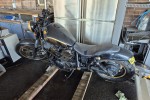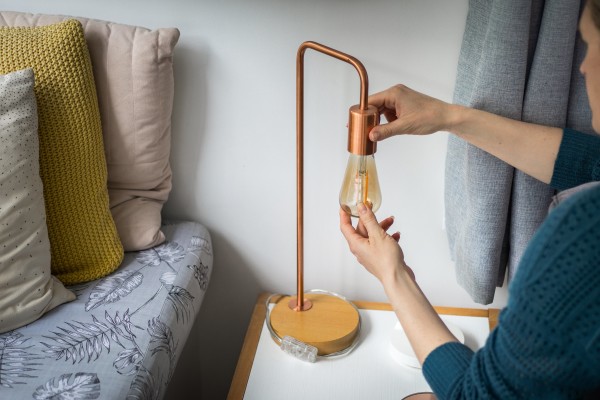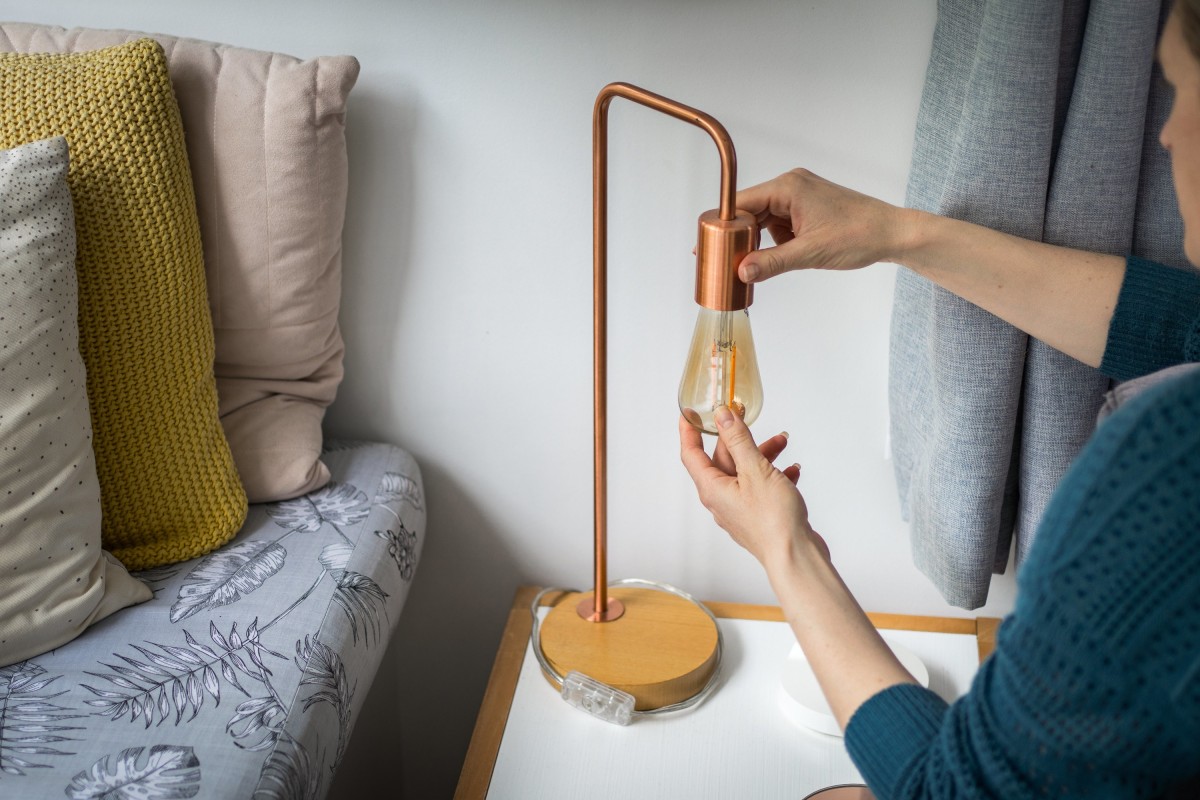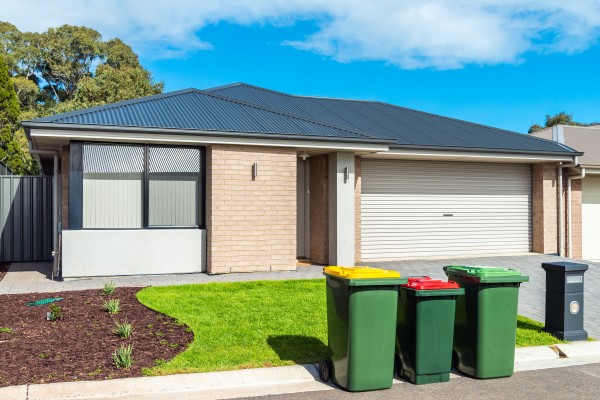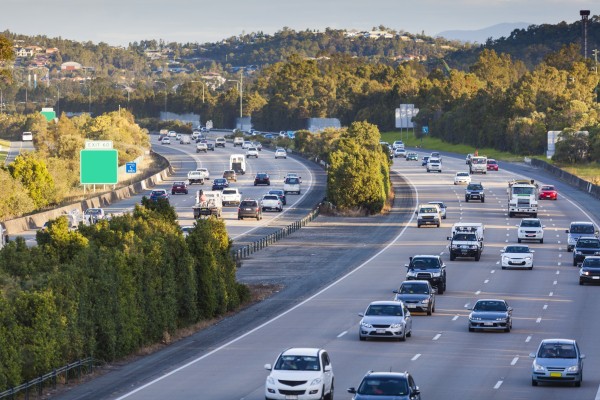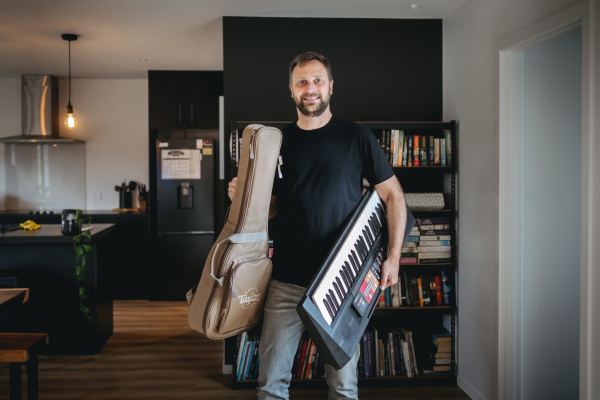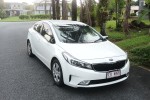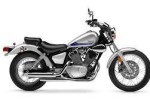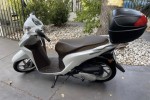Guide to solar panels in Australia
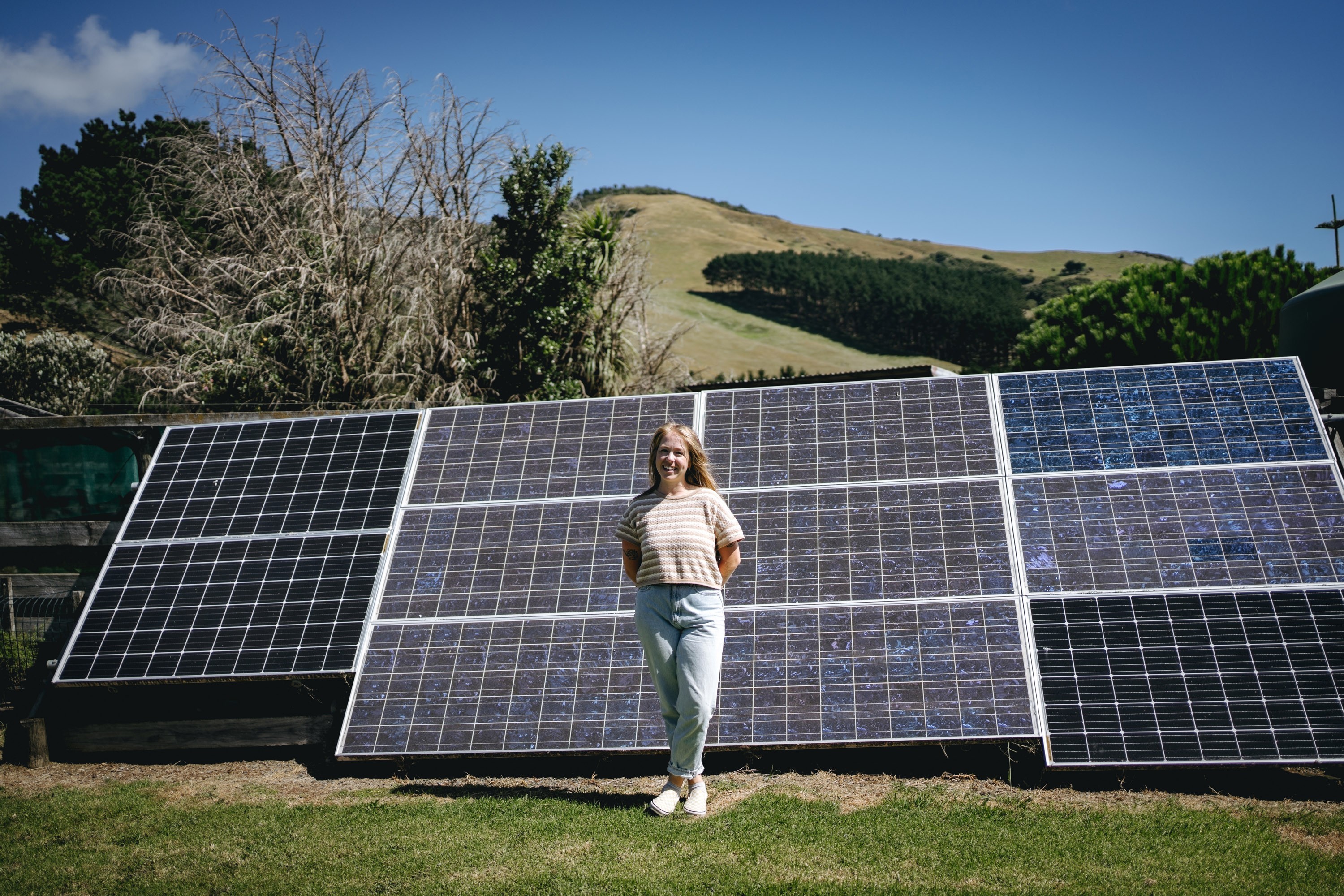
In a country like Australia where the sun is aplenty and utility bills can be high, it makes sense to take advantage of our most natural power source - the sun. Solar panels have become more accessible to homeowners now that prices have dropped from when they initially arrived on the scene. While there are a lot of companies offering instals, often with grand promises of money-saving, enhanced power, and affordable installation, this isn’t always the case.
In this article we’ll explore:
What are solar panels and how does solar energy work?
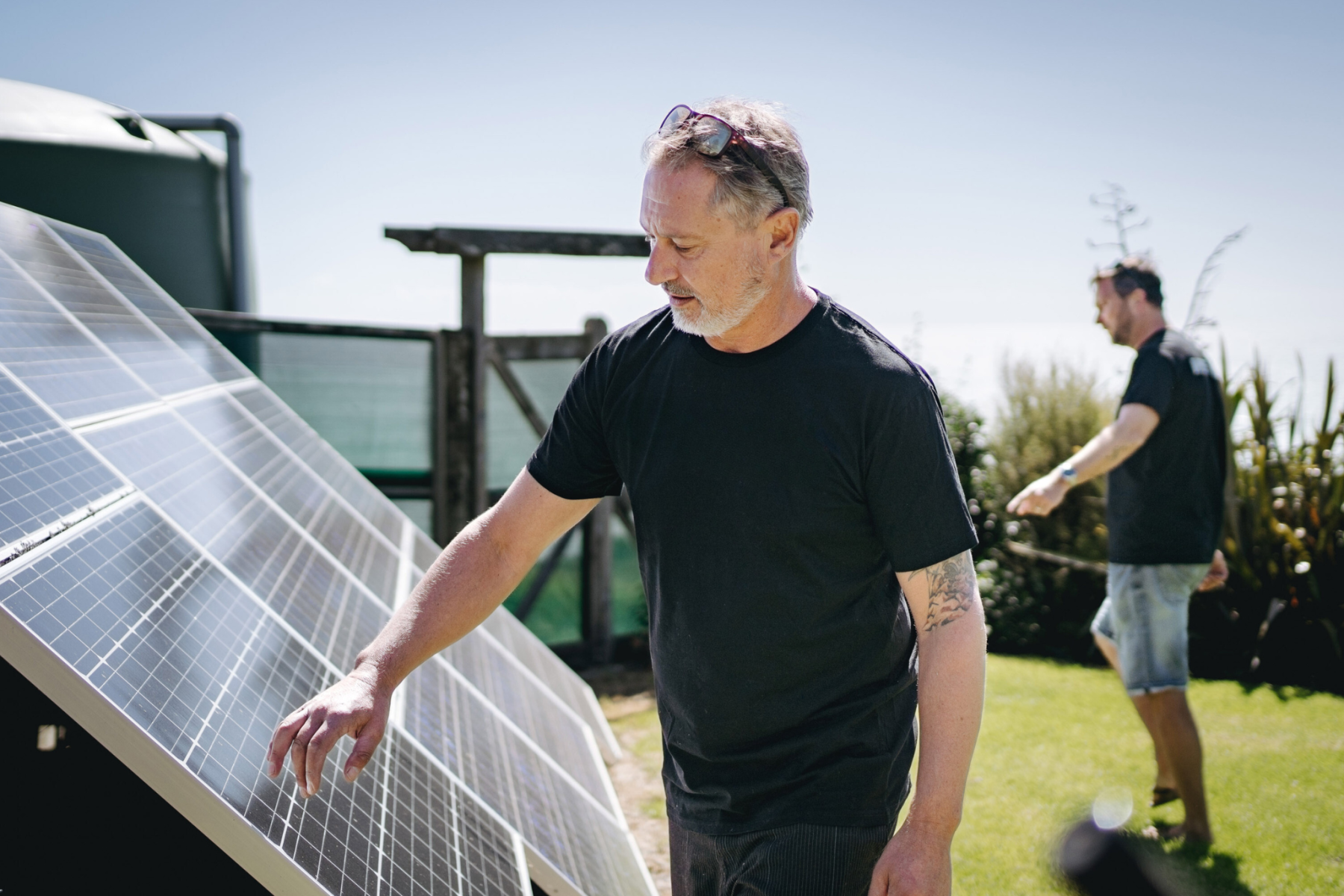
In simple terms, solar panels catch sunlight and turn it into electricity that can be used throughout your home.
Let’s go a little deeper.
How do solar panels work?
Solar panels are made up of many individual solar cells (often made from silicon). Each cell has a positive and negative charge and when sunlight hits these cells, it creates energy and tiny particles known as electrons. These electrons move and this movement creates electricity.
What are the main components of a solar power system?
There are five key components to a solar system:
-
The solar panels: the core component of the system and part responsible for catching the sun’s energy.
-
Solar inverter: converts sun energy into alternating current energy (AC) which is used in most homes.
-
Mounting system: the racks and brackets that hold your panels in place on your roof.
-
Electrical meter: Measures and monitors electricity generated by your solar system. If you are connected to the grid this will also track the amount of power you send back to the grid.
-
Disconnect switcher: this component allows you to safely disconnect from your solar system if needed.
What are the different types of solar panels?
There are three main types of solar panels:
-
Monocrystalline solar panels
-
Polycrystalline solar panels
-
Thin-film solar panels
What are the benefits of each type of solar panel?
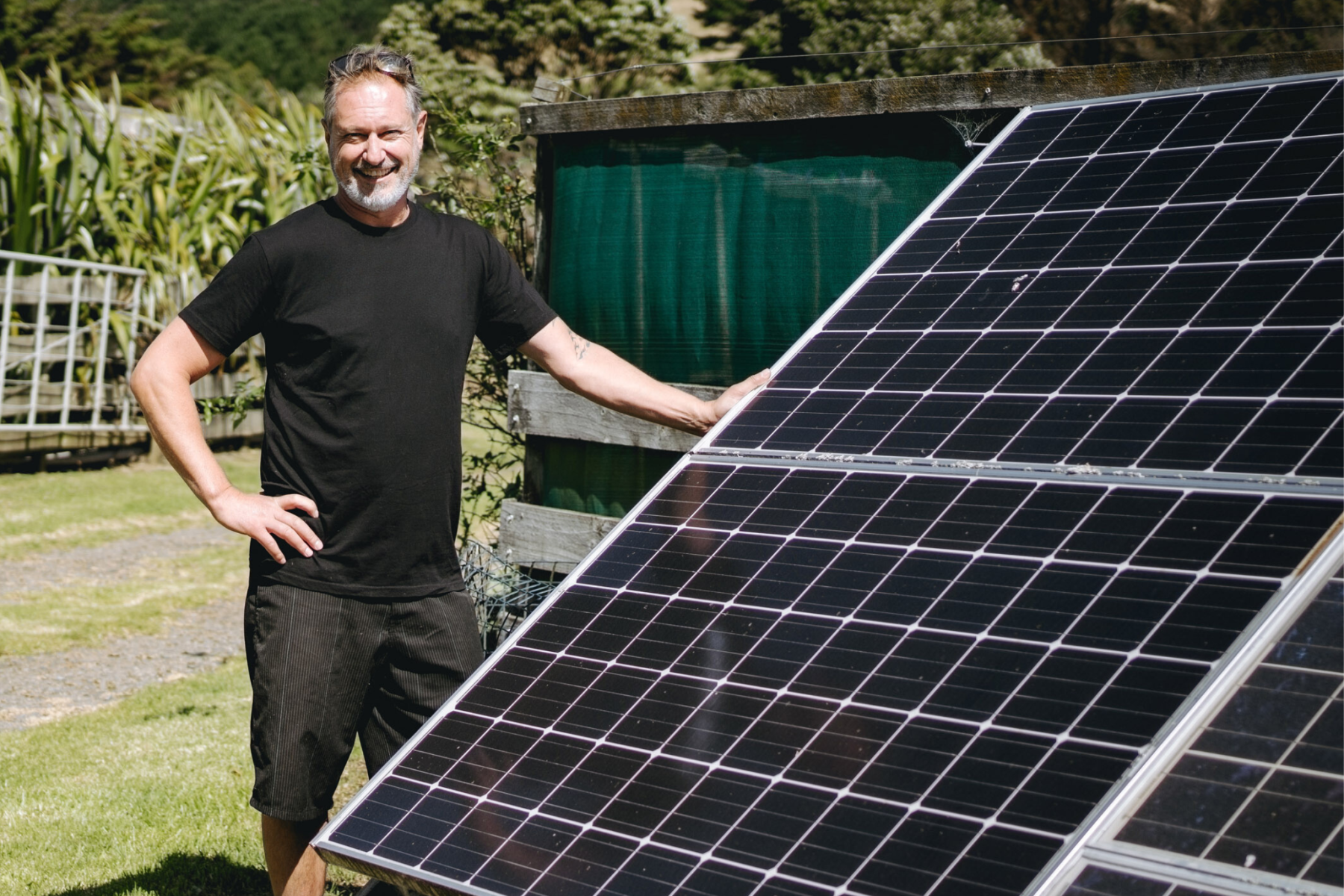
-
Monocrystalline solar panels are generally considered the most efficient type of solar panel with conversion rates of 15-20% (meaning they generate more power per sqm.) They also have the ability to function in low-light conditions. However, they are more expensive than other types of solar panels.
-
Polycrystalline solar panels are slightly less efficient and have a conversion rate of (13% - 16%) they are a cheaper option compared to monocrystalline panels but their lower efficiency means you need more panels to generate a similar level of power as the monocrystalline panels.
-
Thin-film solar panels tend to have the lowest efficiency levels of all the solar panel types. Their conversion rate is around 10%-12% meaning you’ll need more panels in order to generate a similar level of power to other panel types.
What are the best types of solar panels?
Solar panels are usually categorised as either Tier 1, Tier 2 or Tier 3. Tier 1 are considered the best quality and reliability.
-
Tier 1 panels these are generally considered to be the best quality, longest lasting panels and tend to produce the most amount of solar power. They usually come with a warranty of 10-25 years. Because of this, tier 1 panels are often the most expensive to buy and install.
-
Tier 2 panels are a step down from tier 1 panels. They are cheaper and often newer to market meaning they don’t have the proven reliability of tier 1 panels. They also tend to be less innovative and less automated products compared to tier 1.
-
Tier 3 panels tend to have the least proof of performance, often outsource their parts and utilise minimal automation and innovation within the build. They are also usually the cheapest option available.
How do I know what solar system I need?
The type of solar system you’ll need will entirely depend on your energy needs, the amount of roof space you have, and your budget.
To ensure you choose a system that best suits your requirements you should consider:
-
What your average monthly and yearly electricity consumption is. This will be a good indicator of how much power you’ll need to generate in order for solar to be worthwhile.
-
How much roof space you actually have to work with. If you only have a small space, a system with greater conversion rates may be best.
-
The government incentives available to you. In Australia, there are a number of incentives for installing solar into your home.
-
Put together a realistic budget. Many companies offer payment plans or finance options which makes budgeting a little easier.
-
Get a professional solar assessment. An expert will be able to identify any issues with shade caused by trees or other obstructions, notify you of any problems with your roof, and give you a good idea of cost.
Why panel placement matters
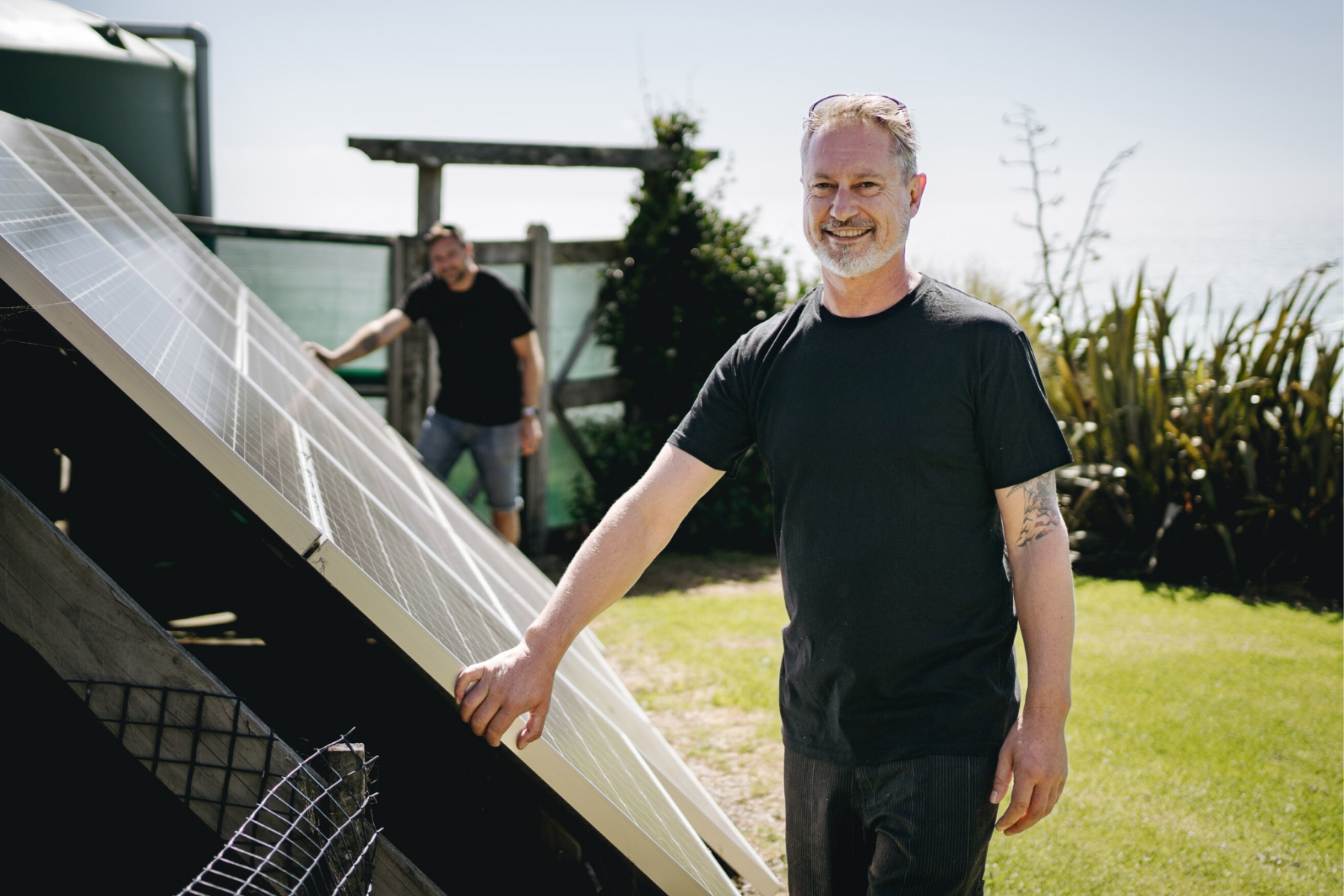
Solar panels are a great way of generating power and reducing your electricity bill - only if you install them wisely. Not every part of your roof will receive optimal sunshine throughout the day, so strategic placement is critical.
While your professional solar company will be best placed to advise you on the placement of the panels at your home, here are some tips for optimal sun exposure:
-
Place your panels facing true north. In Australia, this is where panels are most likely to receive the maximum sunshine.
-
Consider the angle and tilt of your roof. Ideally panels should be tilted between 20 and 30 degrees. If you have a flat roof, mounts may be required.
-
Be aware of seasonal shifts. Throughout the year, sun exposure on your home will change. In specialised setups there is an option to include mounts that can be adjusted for the seasons - chat to your solar expert about this option.
-
Be mindful of the space you’re working with. An average solar panel is about 1.7m by 1m. The space you have will determine how many panels you can have.
-
Double-check your roof condition. Damage or structural issues on your roof can lead to costly problems with your solar system. It’s best practice to do any repairs, maintenance or renovations ahead of solar installation.
-
Don’t forget to check with the council. There may be local regulations or building codes you need to comply with before installing solar. Best to double-check with your local council before getting started.
Solar batteries - do you need them?
Solar batteries are not an essential component of a solar system however, they are a great way to save extra money and back up your power. Batteries allow you to store energy and use this stored energy during peak electricity times or when your panels aren’t producing what they would normally.
How much will getting solar cost?
-
An average 6kW Solar PV System would cost between $4,000 and $6,000 across most states in Australia.
-
An average 10kW system would cost between $7,500 and $10,500 across most states in Australia.
However, pricing could be more or less depending on the type of panels you choose and the number of panels you need.
Is getting solar worthwhile?
Solar panels can offer a sustainable and more affordable way to consume power, but it may not be suitable for every home. It’s always best to seek professional advice before making any commitment to solar installation to ensure the benefits of the system will outweigh the financial cost.
What do our customers say?
